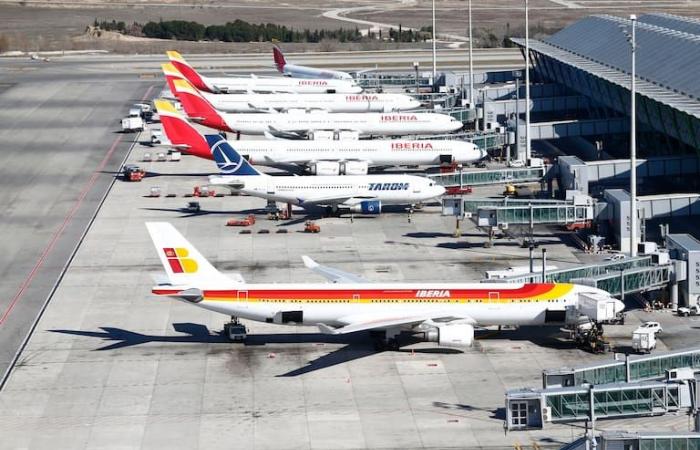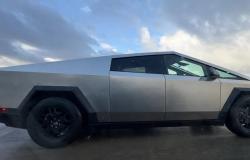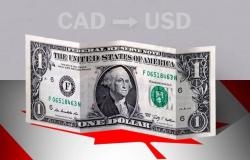Hear
Some business alliances delight investors. Others make them growl. The purchase of a 41% stake in ITA, the Italian national airline, by Lufthansa, a German company, for €325 million ($350 million) is an example of the latter. Rumors that the EU is about to give its approval to the operation have contributed to plummeting Lufthansa’s share price.
ITA, formerly Alitalia, is not a crown jewel. Since its founding in 1946, it has only made annual profits three times. The Italian government privatized the company in 2009 and renationalized it in 2020, renaming it ITA in hopes of a new beginning. Air France-klm and Etihad, two airline companies that had acquired minority stakes in the company, wrote off their investments. The Italian government spent about €3.5 billion during the Covid-19 pandemic to keep the company afloat, which is equivalent to about €300,000 per employee.
Turning around a business with such an impressive history of financial disasters seems like a difficult task. The Italian airline has been hit by low-cost rivals such as Ryanair and Wizz Air, which have expanded in Italy to take advantage of the company’s turmoil. “Acquiring ITA is one of the most difficult proposals in European aviation,” says Tobias Fromme, from broker Bernstein.
Why, then, is Lufthansa pursuing a deal? It alleges that Italy is one of the company’s largest markets, and that ITA’s routes to Africa and South America complement Lufthansa’s routes to North America and East Asia. He adds that he already owns another small Italian airline, Air Dolomiti, which means he is familiar with the market. Another motivation may be Lufthansa’s fear that ITA will fall into the hands of a rival.
lEuropean aviation is immersed in what could be its last wave of consolidation. Six companies – Air France-klm, EasyJet, IAG, Lufthansa, Ryanair and Wizz Air – already account for 71% of flight capacity within the continent. IAG, owner of Aer Lingus, British Airways and Iberia, plans to buy 80% of Air Europa, third Spanish airline, prior authorization from the EU. Air France-KLM and Castelake, an American private equity firm, are to sell a major stake in SASa Scandinavian company. Air France-KLM and IAG are expected to bid for Tap, the Portuguese state airline, which is up for sale. After that, there won’t be much left to buy. Finland’s Finnair is unlikely to attract much buyer interest, due in part to the country’s proximity to Russia.
All this worries the European Commission, the executive arm of the EU. Is concerned that consolidation will lead to higher tariffs and reduced choice for European consumers, reason why has been probing the ITA and Air Europa agreements. A decision on the first is expected by July 4, and on the second by August 20. Both IAG and Lufthansa have made concessions. IAG has offered to give up just over half of Air Europa’s landing slots. Lufthansa, for its part, has said that will give up about 40 slots at Milan’s Linate airport to EasyJet and Volotea, another low-cost airline. Lufthansa has proposed maintaining some of ITA’s short-haul flights to Austria, Belgium, Germany and Switzerland, which compete with its own flights. And it plans to delay the integration of ITA into its transatlantic joint venture with the American United Airlines for two years.
Such concessions will only make the ITA deal worse for Lufthansa investors. The German airline seems to be buying itself a huge headache. Although Anpac, the Italian pilots’ union, supports the agreement, it is notoriously difficult to work with. Additionally, the Italian government will remain the company’s largest investor after the deal, at least initially. Lufthansa will have the option to buy the rest of the company later. His investors may be praying he doesn’t.
The Economist






